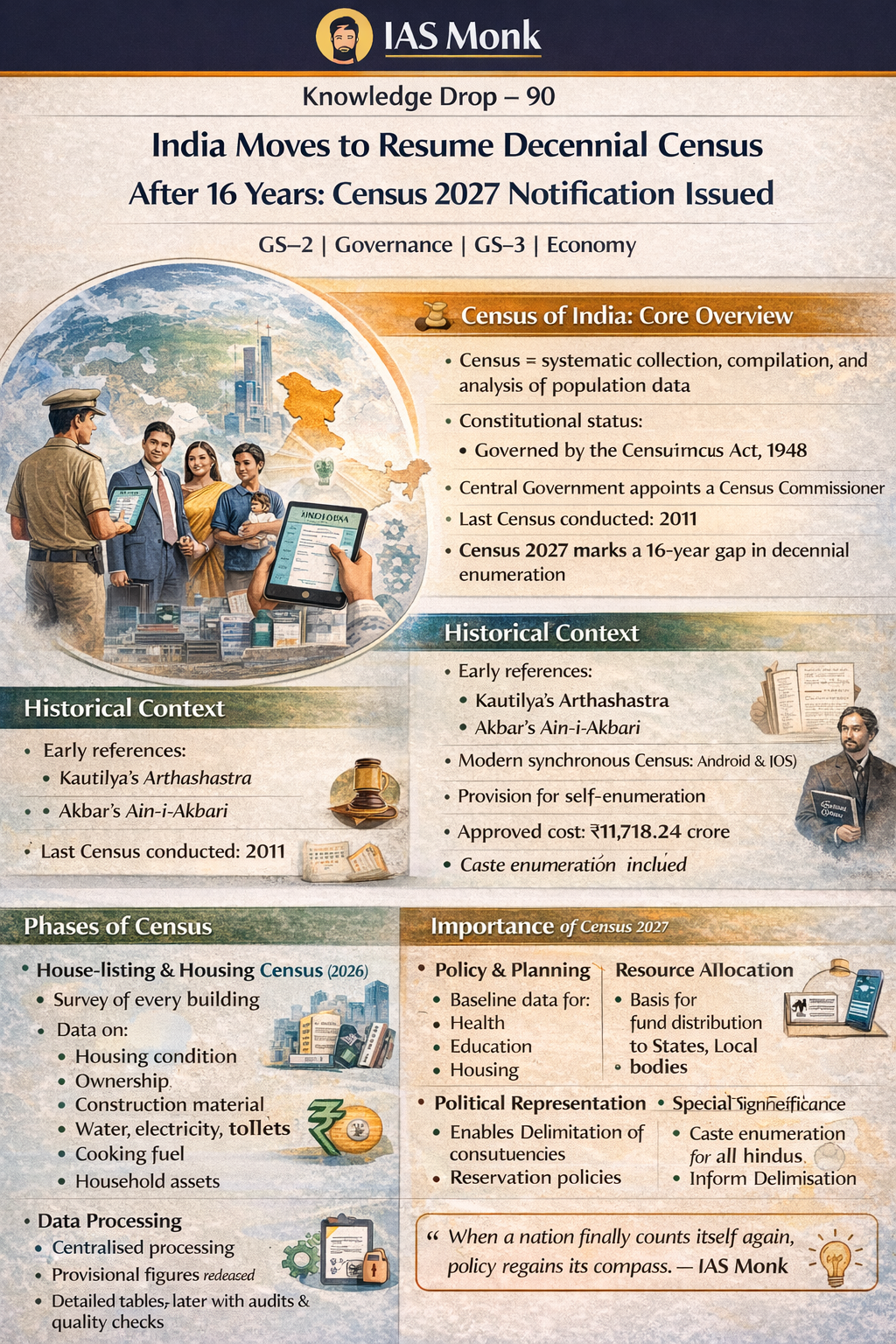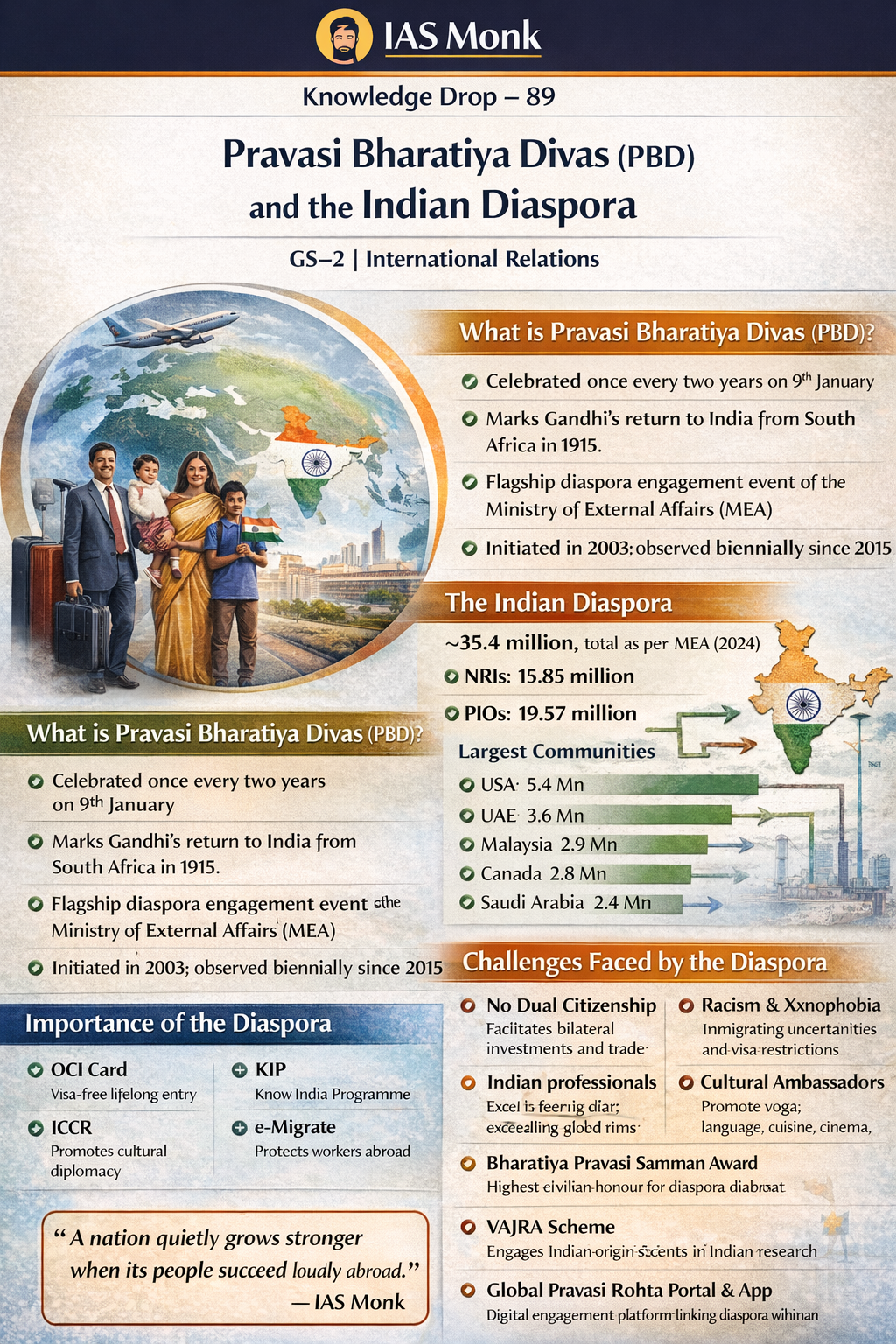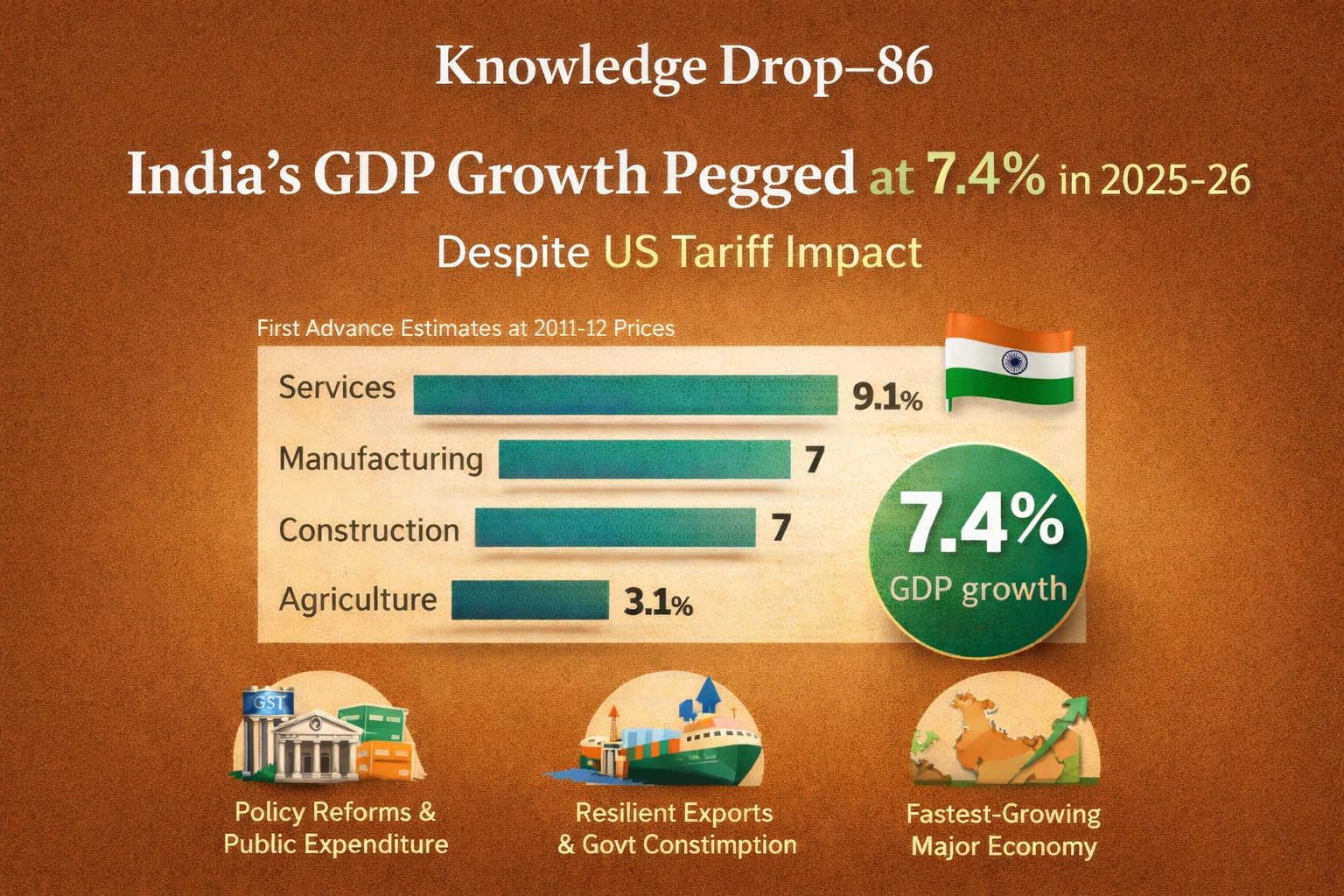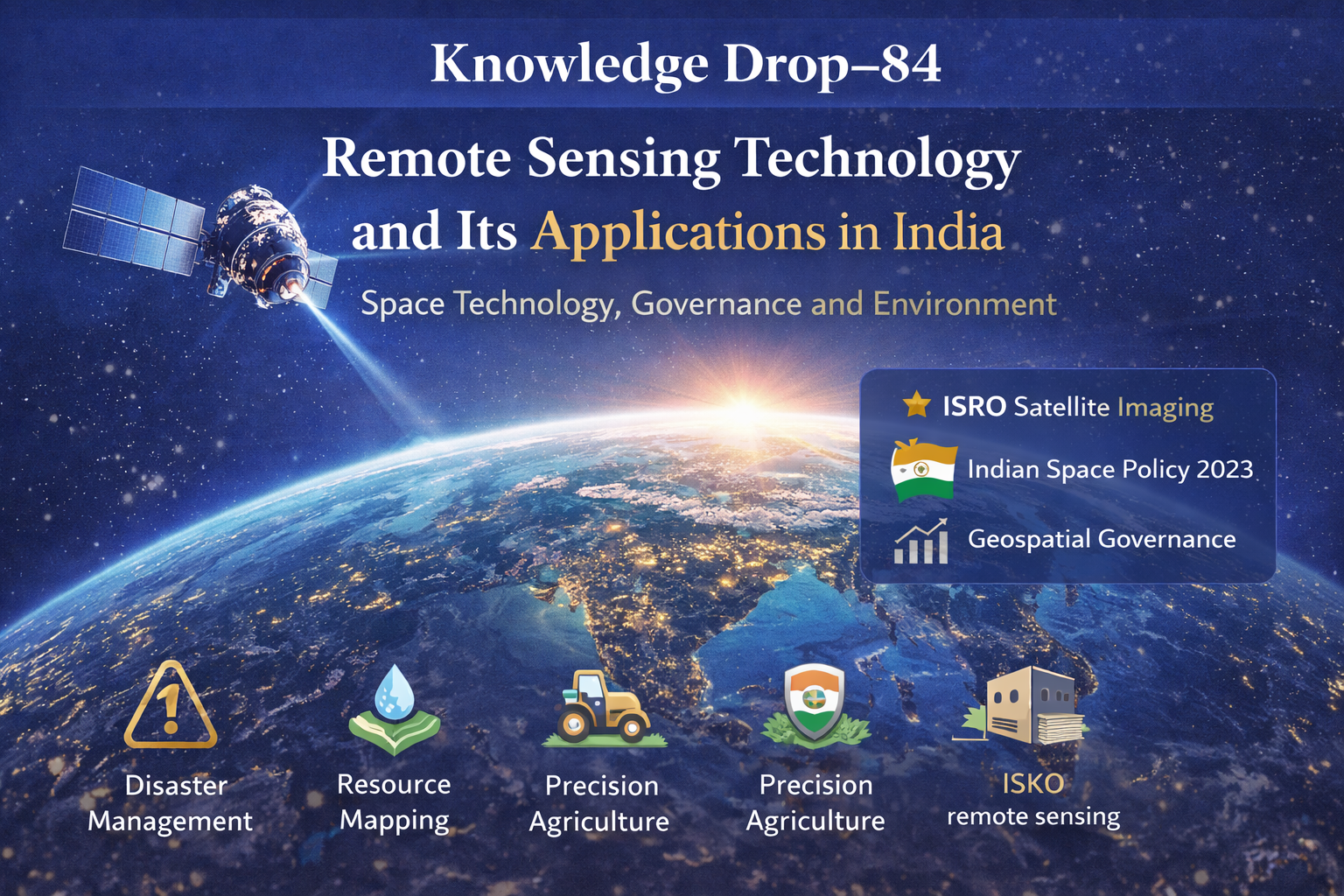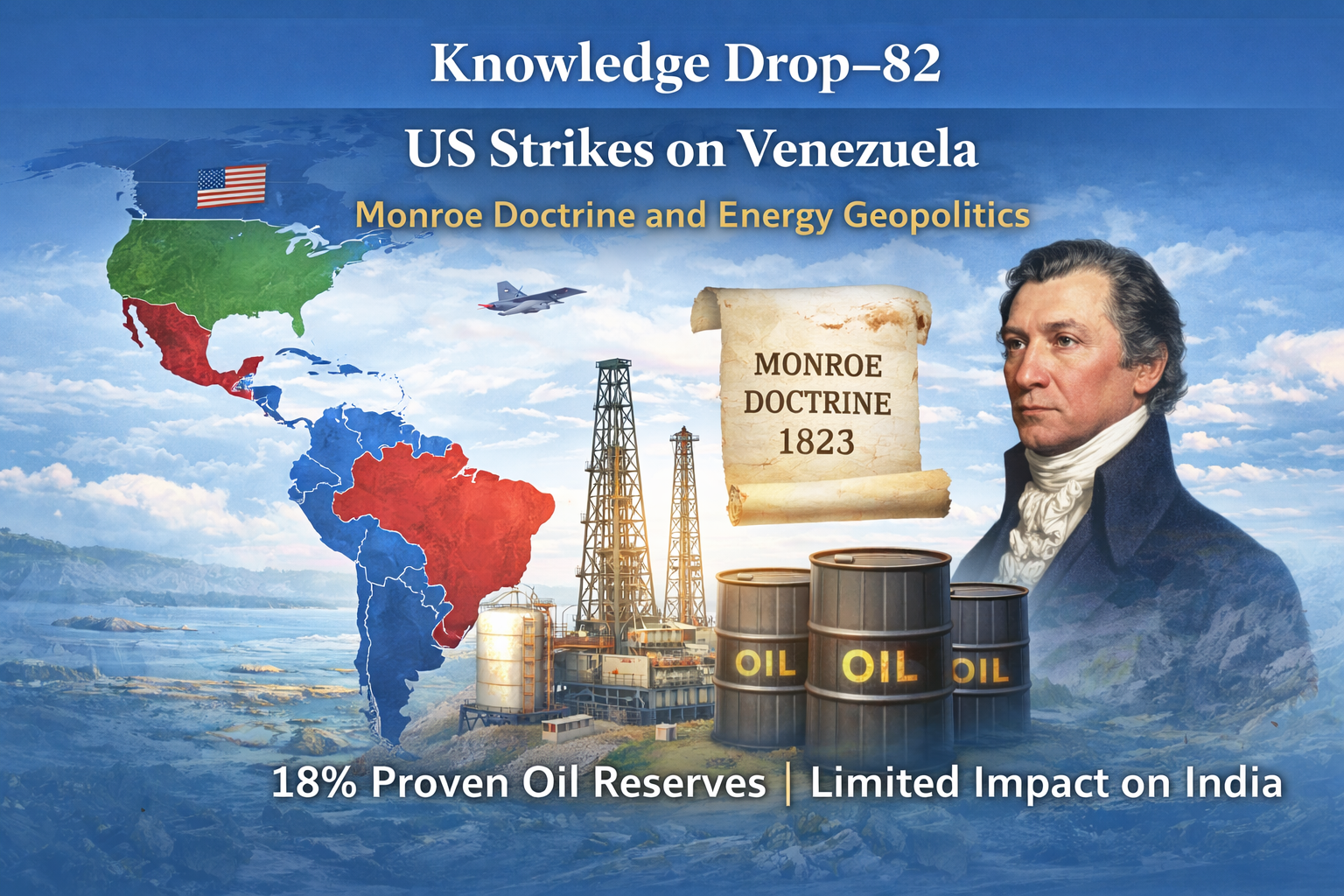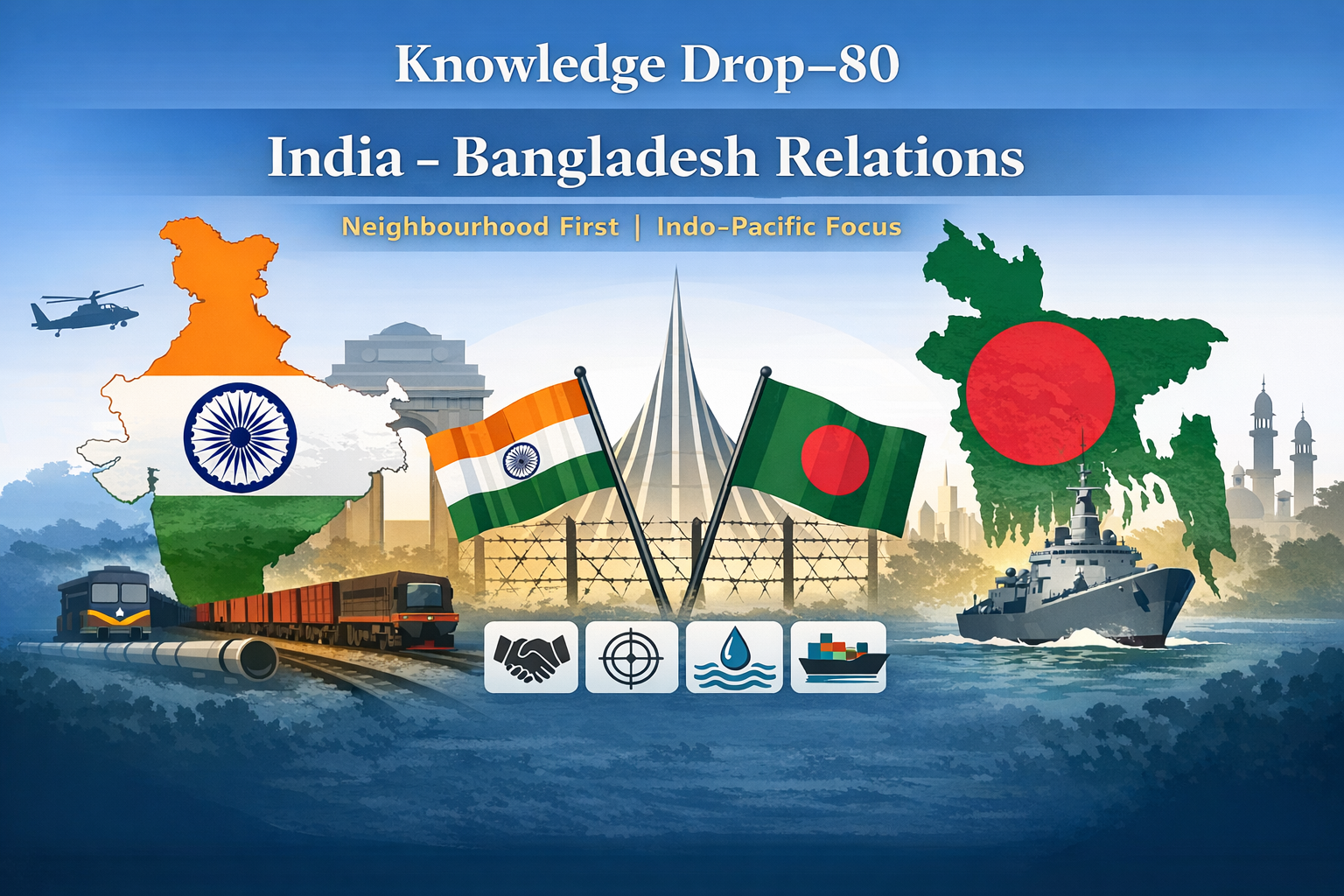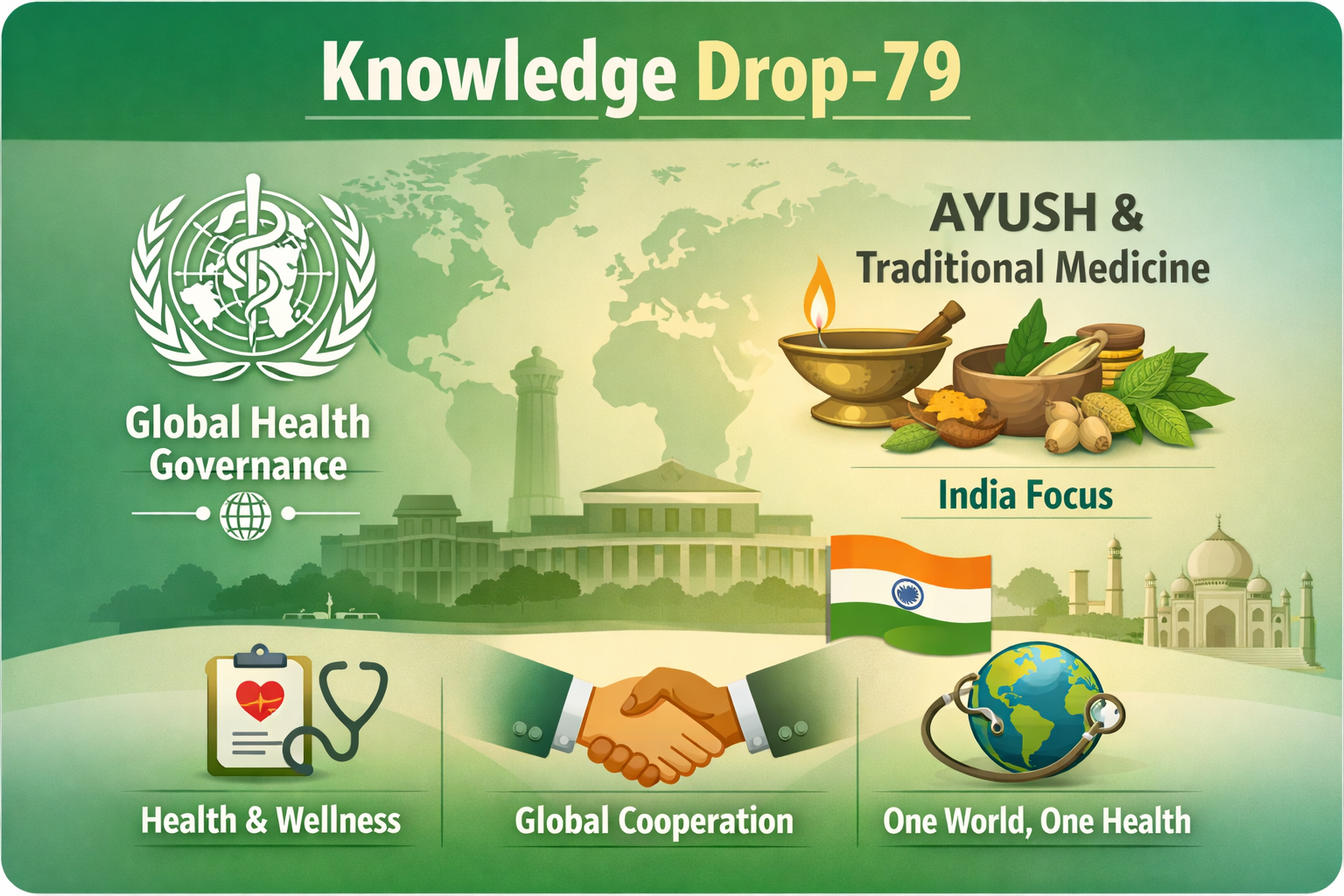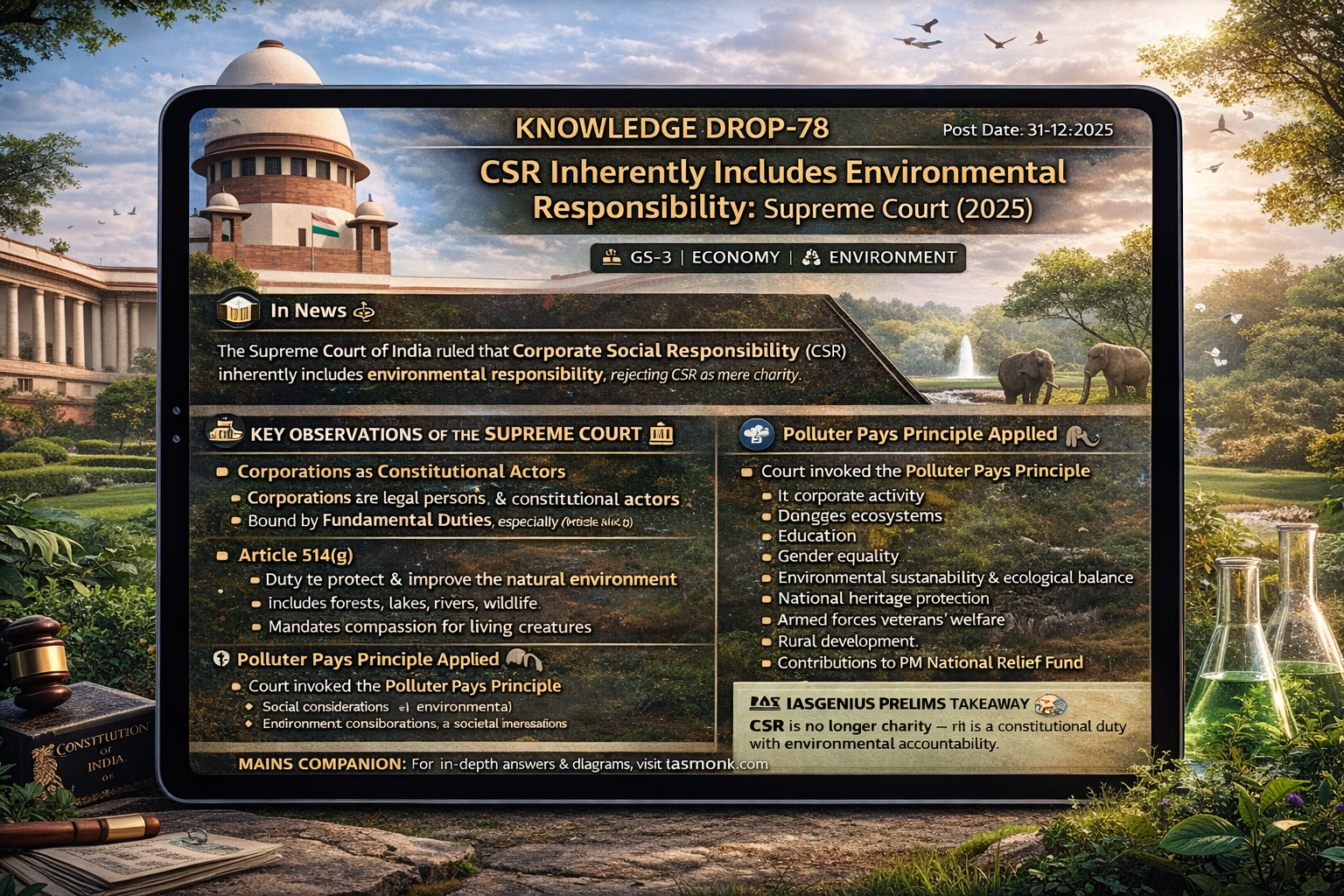
🧭May 26, 2025, Post 1: 🌍 Chagos Returns Home: End of Empire, Rise of Justice | High Quality Mains Essay | Prelims MCQs
🌍 Chagos Returns Home: End of Empire, Rise of Justice

INTERNATIONAL HERO —
🗓️ Post Date : May 26, 2025
🎯 Thematic Focus: Decolonisation | Indian Ocean Geopolitics | International Law
📚 Syllabus Mapping: GS Paper 2 – International Relations, GS Paper 1 – Modern Indian History (Colonial Legacy)
🌿 Opening Whisper
“When islands remember, oceans too rise to tell their story.”
🗞️ Key Highlights
- Historic Transfer: UK officially agrees to transfer sovereignty of the Chagos Islands to Mauritius, ending over a century of colonial control.
- Legal Catalyst: This decision follows the 2019 ICJ advisory opinion and UN resolution declaring British administration illegal.
- Diego Garcia Clause: The agreement ensures continued functioning of the US military base, vital to regional security architecture.
- Reactions in Mauritius: Celebrations among Chagossian diaspora and Chagos Refugees Group, who call it a long-overdue justice.
- India’s Stand: India welcomes the move, affirming support for Mauritius and regional maritime stability.
- Colonial Legacy Ends: The transfer symbolises the final step in Mauritius’ decolonisation, reinforcing global respect for international law.
📜 Concept Explainer: Why Chagos Matters?
- The Chagos Archipelago includes over 60 islands in the Indian Ocean, of which Diego Garcia is strategically significant.
- In 1965, the UK excised Chagos from Mauritius before independence, forming the British Indian Ocean Territory (BIOT).
- Thousands of islanders were forcibly evicted between 1967 and 1973 to facilitate the Diego Garcia military base, a move widely condemned.
- The ICJ (2019) declared the excision illegal and advised return, which the UK long resisted, citing strategic concerns.
- With Prime Minister Keir Starmer’s decision, the UK finally aligns with international law, and Mauritius regains its full territory.
🧭 GS Paper Mapping
| Paper | Relevance |
|---|---|
| GS 2 | International Treaties, Decolonisation, Role of International Organizations (ICJ, UN), India-Mauritius Relations |
| GS 1 | Post-Colonial Legacies, Decolonisation Movements |
| GS 3 | Maritime Security, Strategic Geography in the Indian Ocean |
🌌 A Thought Spark — by IAS Monk
“Decolonisation is not just the return of land — it is the return of dignity to memory. The Chagos Islands remind us that justice, however delayed, still walks its path over water.”
High Quality Mains Essay For Practice :
Word Limit 1000-1200
Chagos Returns Home: The Long Road from Colonial Legacy to Justice
The story of the Chagos Islands is one of pain and persistence, colonial dispossession and international justice, strategic interests and moral reckonings. The recent decision by the United Kingdom to formally transfer sovereignty of the Chagos Archipelago to Mauritius is a momentous geopolitical and legal development — one that completes the decolonisation of Mauritius and realigns the arc of justice after decades of defiance. It marks the end of one of the last vestiges of British colonial rule and reaffirms the relevance of international law, regional solidarity, and human dignity in the modern world order.
The Geography and Strategic Importance of Chagos
Located in the central Indian Ocean, the Chagos Archipelago comprises over 60 small islands, of which Diego Garcia is the largest and most strategically important. These islands lie at a critical junction between Africa, South Asia, and Southeast Asia — giving them high geopolitical significance. Diego Garcia is home to a joint UK–US military base, which has played a central role in major operations in the Gulf War, Afghanistan, and Iraq. Its position allows power projection across the Indian Ocean, making the archipelago a vital component of Western strategic planning since the Cold War.
However, the story behind the establishment of this base is marked by displacement and silence. From 1967 to 1973, more than 1,500 native islanders — known as Chagossians — were forcibly removed from their homeland to clear the way for military installation. They were sent to Mauritius, Seychelles, and the UK, where they lived in poverty and exile, cut off from their ancestral roots. Their forced eviction remains one of the darkest human rights chapters in Britain’s colonial legacy.
Historical Background and the Question of Sovereignty
In 1814, the UK gained control of Mauritius, including the Chagos Islands, as part of the Treaty of Paris. However, in 1965 — just three years before Mauritius was to gain independence — Britain detached Chagos from Mauritius through an Order in Council, forming the British Indian Ocean Territory (BIOT). This action violated UN Resolution 1514 (1960), which declared that colonial powers must respect the territorial integrity of their colonies upon decolonisation. The new BIOT allowed Britain to lease Diego Garcia to the US for military use, setting the stage for decades of legal and moral controversy.
Mauritius has long maintained that the separation of Chagos was illegal and that its sovereignty must be restored. The UK, however, continued to assert that the arrangement was made with Mauritian consent, citing financial compensation agreements signed during the independence process. This argument, though, failed to withstand legal scrutiny in international forums.
Legal Battles: The Voice of International Law
The turning point came in 2019 when the International Court of Justice (ICJ) issued a non-binding advisory opinion stating that the UK’s continued administration of the Chagos Islands was illegal and that it must return the territory to Mauritius “as rapidly as possible.” The ICJ concluded that the process of decolonisation of Mauritius had not been lawfully completed.
Following the ICJ opinion, the United Nations General Assembly (UNGA) passed a resolution — by an overwhelming majority — affirming that the Chagos Archipelago is an integral part of Mauritius and calling upon the UK to comply with the ICJ ruling. Over 120 countries voted in favour, with only a handful — including the US and Israel — siding with Britain.
The UK initially dismissed these developments, stating that it did not recognize the ICJ opinion or the UNGA resolution as binding. However, growing diplomatic pressure, reputational costs, and internal political changes eventually led to a shift.
The Recent Transfer: A Historic Closure
In May 2025, UK Prime Minister Keir Starmer announced the formal transfer of sovereignty of the Chagos Archipelago to Mauritius, aligning British policy with the ICJ and UN mandates. The agreement guarantees continued operations of the US base at Diego Garcia, ensuring that strategic military interests are not compromised even as historical justice is served.
This decision is significant on multiple fronts:
- For Mauritius: It marks the final step in its decolonisation process and restores its territorial integrity.
- For Chagossians: It provides hope for potential return, recognition, and reparation for decades of displacement and suffering.
- For the International Community: It affirms the authority of international law and the UN system in resolving post-colonial disputes.
- For the Indian Ocean Region: It contributes to stability by strengthening Mauritius’ role as a sovereign and neutral actor.
The Role of India: Steadfast Support for Mauritius
India has consistently supported Mauritius’ claim over the Chagos Archipelago, viewing the issue through the twin lenses of anti-colonial solidarity and regional maritime security. At the UN, India voted in favour of Mauritius and has maintained its position in bilateral and multilateral forums.
India’s endorsement of the transfer is not merely diplomatic. It resonates with New Delhi’s broader Indian Ocean strategy — ensuring that friendly democracies, rather than legacy colonial powers, anchor key maritime territories. As China increases its footprint in the Indo-Pacific, the alignment of democratic maritime states gains new significance.
India’s principled stance also reflects its broader advocacy for equitable global governance — a theme that underpins its positions in the G20, UN reforms, and South-South Cooperation.
The Human Element: Chagossian Voices and the Right to Return
For the Chagossians, this transfer is more than a territorial matter — it is a deeply personal and emotional homecoming. Many of them have lived in exile for over 50 years, scattered across Mauritius, the UK, and Seychelles. Their fight for the right to return has been long and arduous, marked by protests, legal petitions, and international advocacy.
The UK courts had repeatedly ruled against allowing resettlement, citing security concerns related to the Diego Garcia base. With the shift in sovereignty, a new window has opened. Mauritius has indicated willingness to allow voluntary resettlement while balancing security interests. This could pave the way for a truth and reconciliation process, involving reparations, cultural restoration, and long-overdue acknowledgement of historical wrongs.
Criticisms and Lingering Challenges
Despite the celebrations, concerns remain. The UK has not disclosed the full financial implications of the transfer. Critics question whether British taxpayers will bear the costs of the transition, including logistical support and potential compensation.
There are also fears that the US military presence could be disrupted, although the tripartite arrangement seeks to avoid this. The sustainability of co-management models, Mauritius’ capacity to administer the vast maritime territory, and the long-term security arrangements will require careful coordination and diplomatic finesse.
Furthermore, questions about reparations for the evicted Chagossians remain. While legal victories provide symbolic justice, economic and emotional healing will require sustained effort from both Mauritius and the UK.
Conclusion: A Victory for Justice, A Test of Will
The return of the Chagos Archipelago to Mauritius is a historic event — a rare case where international law, diplomatic morality, and public advocacy triumphed over imperial inertia. It marks the closure of a colonial wound and the dawn of a more equitable geopolitical order in the Indian Ocean.
Yet, history’s ghosts don’t fade easily. The success of this agreement will depend on the sincerity of implementation, the respect for displaced communities, and the wisdom of balancing strategic imperatives with human dignity.
The Chagos case reminds the world that sovereignty is not just a matter of maps — it is a matter of memory, justice, and belonging.
Closing Quote
“The arc of the moral universe is long, but it bends toward justice.”
— Martin Luther King Jr.
Target IAS-26: Daily MCQs :
📌 Prelims Practice MCQs
Topic: Chagos Returns Home: End of Empire, Rise of Justice
MCQ 1: Type 1 — “How many of the above statements are correct?”
Consider the following statements regarding the Chagos Archipelago and its recent sovereignty transfer:
1. The Chagos Islands were separated from Mauritius in 1965 before its independence.
2. The International Court of Justice (ICJ) in 2019 ruled that the UK’s administration of the Chagos Islands was illegal.
3. Diego Garcia, part of the Chagos Archipelago, is home to a major Indian naval base.
4. The United Nations General Assembly supported the ICJ’s advisory opinion through a resolution.
How many of the above statements are correct?
A) Only two
B) Only three
C) All four
D) Only one
🌀 Didn’t get it? Click here (▸) for the Correct Answer & Explanation
✅ Correct Answer: B) Only three
🧠 Explanation:
1. ✅ True – The Chagos Islands were separated from Mauritius in 1965, just before Mauritius’ independence in 1968.
2. ✅ True – The ICJ advisory opinion in 2019 concluded that UK’s continued administration was unlawful.
3. ❌ False – Diego Garcia hosts a US military base, not an Indian one.
4. ✅ True – The UNGA passed a resolution backing the ICJ opinion and asked UK to return the islands.
MCQ 2: Type 2 — Two-Statement Type
Consider the following two statements:
1. The UK’s 2025 agreement to transfer the Chagos Islands to Mauritius includes provisions to dismantle the US base at Diego Garcia.
2. India has consistently supported Mauritius’ claim over the Chagos Archipelago.
Which of the above statements is/are correct?
A) Only 1 is correct
B) Only 2 is correct
C) Both are correct
D) Neither is correct
🌀 Didn’t get it? Click here (▸) for the Correct Answer & Explanation
✅ Correct Answer: B) Only 2 is correct
🧠 Explanation:
1) ❌ False – The agreement retains the US base at Diego Garcia. It does not include its dismantling.
2) ✅ True – India has publicly and consistently backed Mauritius’ sovereignty claim over the archipelago.
MCQ 3: Type 3 — Code-Based Correct Statement Selection
Which of the following statements regarding the 2019 ICJ advisory opinion on Chagos Islands is/are correct?
1. It was a legally binding judgment under Article 94 of the UN Charter.
2. It concluded that the decolonisation of Mauritius was not lawfully completed.
3. It recommended that the UK end its administration of the Chagos Islands as soon as possible.
Select the correct code:
A) 1 and 2 only
B) 2 and 3 only
C) 1 and 3 only
D) 1, 2, and 3
🌀 Didn’t get it? Click here (▸) for the Correct Answer & Explanation
✅ Correct Answer: B) 2 and 3 only
🧠 Explanation:
1. ❌ False – ICJ advisory opinions are non-binding, not enforceable under Article 94.
2. ✅ True – The ICJ held that Mauritius was not fully decolonised due to the separation of Chagos.
3. ✅ True – The opinion urged the UK to end its administration of Chagos “as rapidly as possible.”
MCQ 4: Type 4 — Direct Factual Question
Which of the following countries hosts the Diego Garcia military base?
A) Mauritius
B) United Kingdom
C) United States
D) India
🌀 Didn’t get it? Click here (▸) for the Correct Answer & Explanation.
✅ Correct Answer: C) United States
🧠 Explanation:
• • Diego Garcia, part of the Chagos Islands, hosts a major US military base, leased from the UK since the 1960s. It is strategically critical for US operations in the Middle East and Asia.

